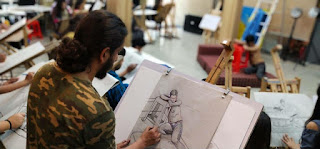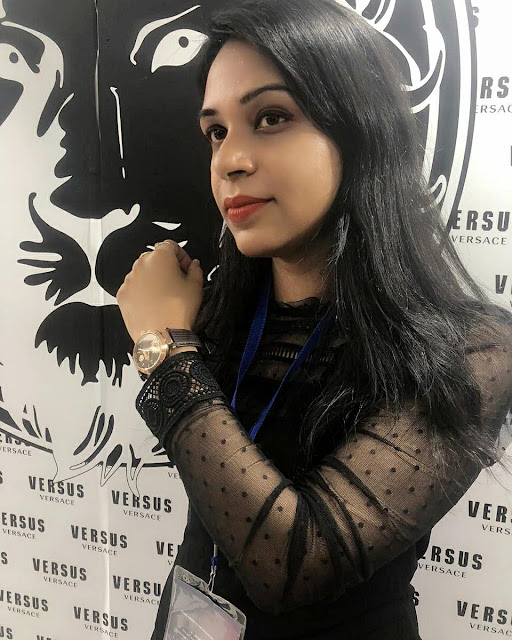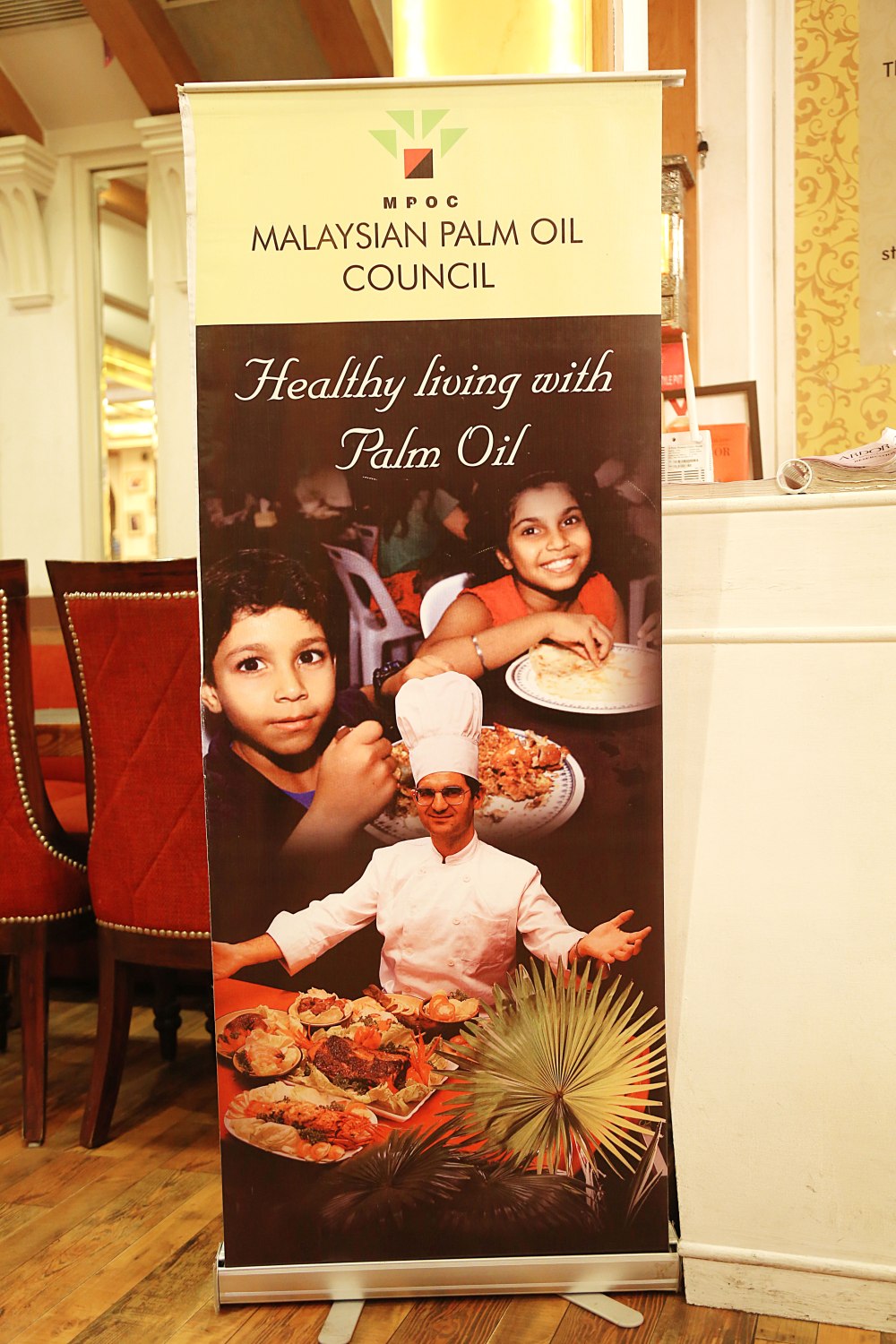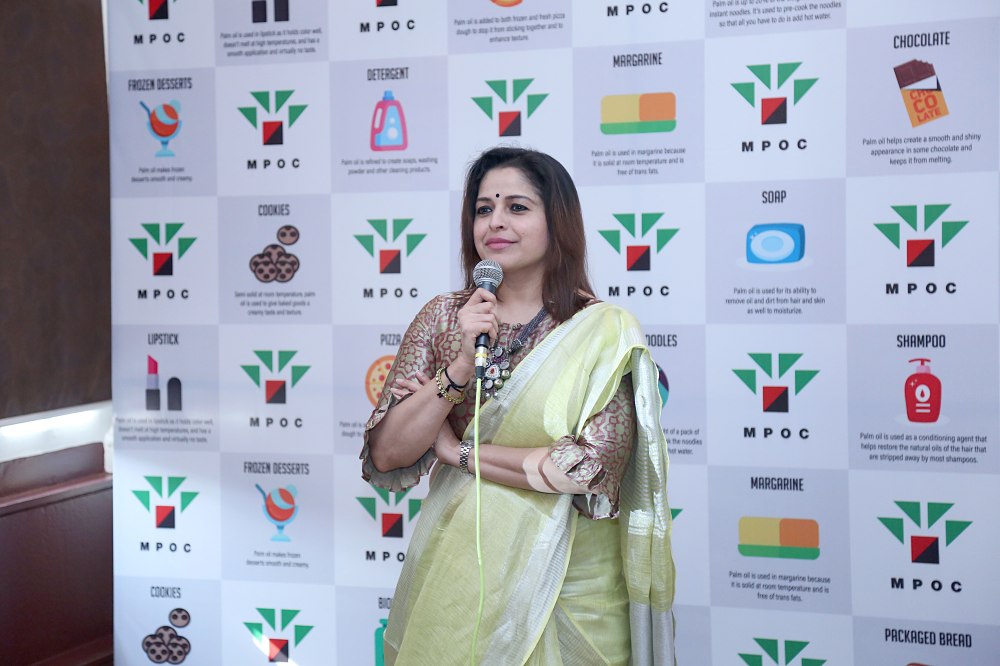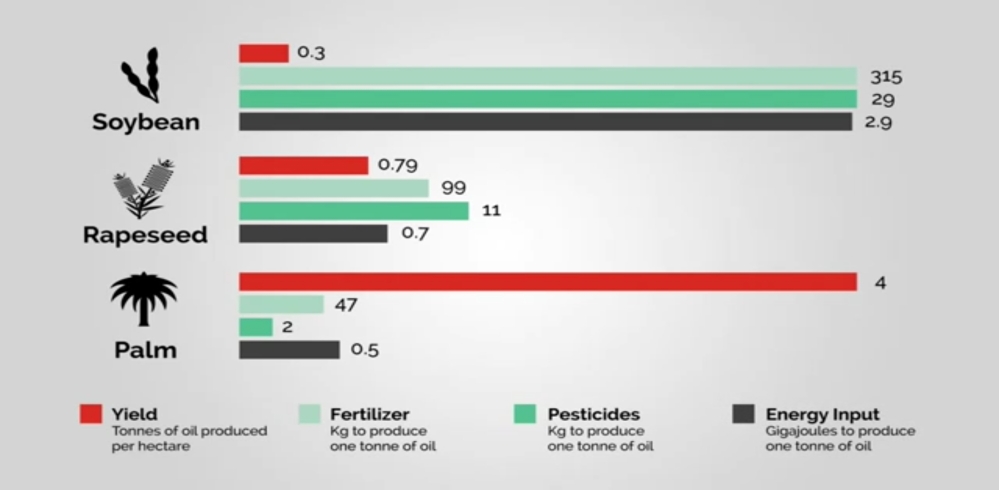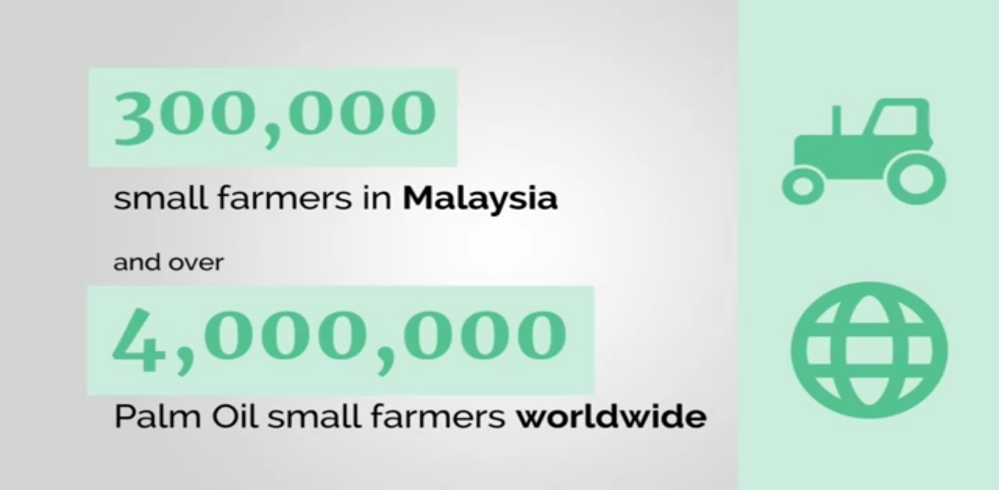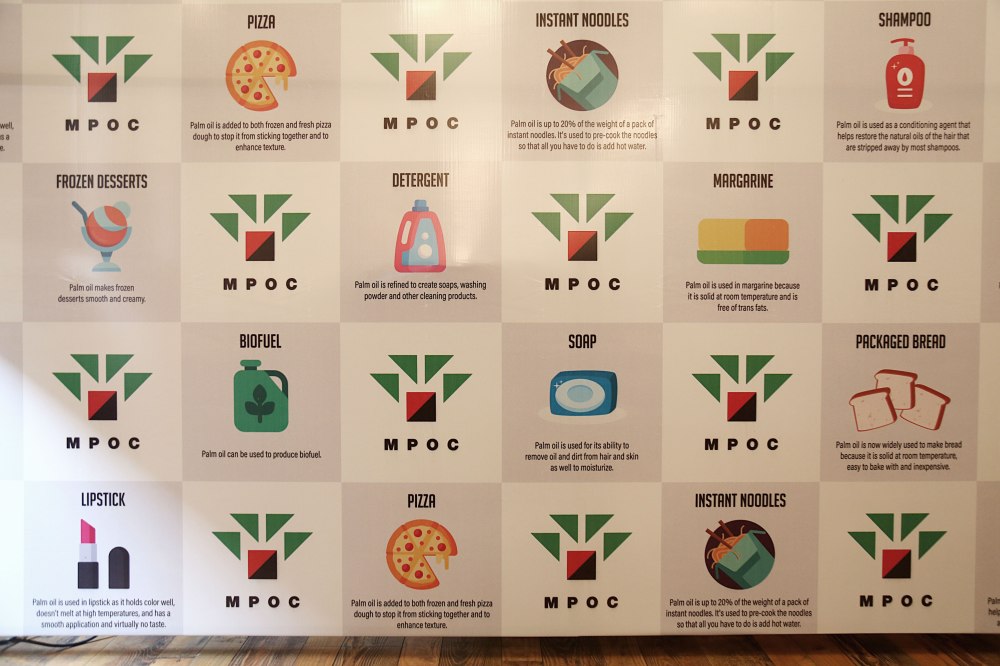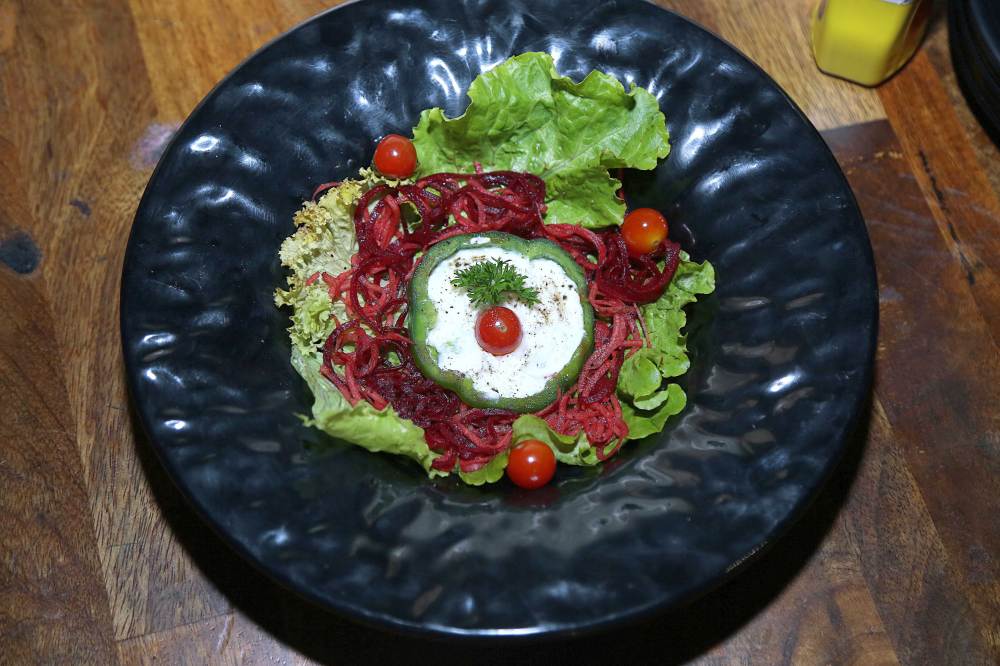Mr. RakeshTayal, Eminent Visionary, Educationist appeals to Govt. to Transform Indian Education System by raising it from Edu 2.0 to
Edu 4.0 to make it Compatible with Industry 4.0
• To bring Paradigm Shift in Policy on Education For Transforming Indian Education System
• The basic purpose of education and training is to empower an individual to lead successful life and contribute best to himself, family, society, nation and to humanity
Mr.RakeshTayal, Eminent Visionary, Educationist & Vice Chairman, Panipat Institute of Engineering & Technology (PIET), one of the Northern India’s premier educational institutions of technical and managerial excellence have come forward to urge the Government to bring in a paradigm shift in policies to make Education system compatible with the emerging economic and Industrial development and its requirements & to raise the education level from Edu 2.0 to Edu 4.0 to make it compatible with Industry 4.0.
The vision document presented by Mr. Rakesh Tayal has been prepared from the perspective of understanding the present education scenario and the transformation that the education process in the country needs to go through thereby enabling the nation and the society as a whole stand up to the fast changing industrial environment.
“Currently, Indian education system is identified at Edu 2.0 which is way behind the Industry 4.0. To match that level, an advanced revolution in educational domain is required urgently, not only to meet the industry needs but also to create a system that promotes sustainable learning and enhance capabilities with optimum resource utilization.” Said Mr.Rakesh Tayal, Eminent Visionary, Educationist & Vice Chairman, PIET.
“Enterprises across the world are gearing up for a revolution much greater than before. We stand at the cusp of a bigger transformation that will reinvent every aspect of global business, culture and economics. This is the emergence of Enterprise 4.0 – a phenomenon that will change the way the world perceives education, employment, entrepreneurship and competition. Therefore, organisations are actively seeking future-ready leaders who are not just responsible and result-oriented but are also innovative, collaborative and have the ability to synergise technological advancements with human touch. Amidst this revolution, institutions worldwide are realizing the need for a paradigm shift in higher education.” Mr. Tayal further added
Elaborating about Edu 4.0 Mr. Tayal said it is more about strengthening and incorporating student-centric learning where emotional quotient (EQ) is more important than one’s intelligence (IQ). Now, machines will be able to do most of the tasks that people can and humans and machines will work together as a cohesive workforce. If we really want India to progress, we need to improve the education standards throughout and develop personalized learning strategies particularly higher education. The basic purpose of education and training is to empower an individual to lead successful life and contribute best to himself, family, society, nation and to humanity.”
“Since Education 4.0 denotes changes, relevant to Industry 4.0 and since it is in response to the global call for action by World Economic Forum - the Industry can expect better-prepared workforce, students will have better employability and better preparation for future with a better return expectation on educational investment.” Said Mr. Tayal.
World is on the verge of the fourth industrial revolution where concepts of artificial intelligence (AI), robotics, big data and the internet of things will combine to impact on jobs and industry. These technological advancements shall change the dynamics of an educational institute right from kinder garden to universities, based on the ever evolving scenario students need to be oriented in a manner that they are able to seamlessly blend as per the skill sets required in a Futuristic Industry.
India is going to reap a demographic dividend where by 2025 about two-third Indians will be in its workforce. To create employment for so many people, economy and industry has to develop at a faster and higher growth. At the same time, those people have to be educated, trained, skilled and put on a continuous learning curve to meet the requirement of a growing economy.
In these days and times of transformation where change is the new normal and given the advent of Industry 4.0 the Eco-System need to be aligned in a manner that the Education that one garners is futuristic in approach and one that can assist the learner seamlessly fit into the Industry requirements.
So what India needs to do to improve its education system? Broadly,
• Develop a system to promote imparting knowledge and skills. For this, devise curriculums in association with industry and corporates to strike a balance between needs, capabilities, interest and expectations.
• Reduce focus on marks and grades. It negatively impacts students’ well being. Rather focus on ‘Students Development Index’ based on not just IQs but also on Knowledge Quotients (KQs) and Emotional Quotients (EQs).
• For sustainable learning, move from Factory oriented approach. From very beginning, promote learning and not memorizing. This will improve class room attendance as well as reduce school dropout rate. Simultaneously, it will also enhance quality of knowledge and skills.
• Economic well being of population also weighs on students attending school. Ensure that paucity of funds does not affect a child’s education. Instead of reservations and quotas based on caste and creed, introduce funding avenues for economically weaker students. This may include free education up to a certain level and then giving financial assistance to needy and deserving students.
Complete transformation of our education system has to work towards making students Life Long Learners and also strengthen their Spiritual Quotient (SQ) to help in overall personality development. Future Education models should focus on creating Higher SQs and ability to control one’s mind. This would also require educators to become mentors to facilitate greater learning and knowledge sharing in the country.
Knowledge is going to be most coveted feature of futuristic society. Lets make India a knowledge hub.
At micro level, given the changing paradigm of education and learning, the focus as Educators and importantly as Nation Builders should be on:
• Creating a futuristic class-room
• As every student’s learning requirement shall be different, the facilitator identifies the need and works in sync to design a curriculum that suits the students learning needs best
• A class-room should not be a pigeon hole ( as has been the case since year’s) rather a place where learning happens through discussions, ideations and collaboration
• Books should be an aid not the only source for learning
• A student should have the liberty and option to mix and match his subject electives as per his interest
• Emphasis and training sessions be conducted to create Champions who create Jobs
• Learning should be Applied and Hands-On in nature
• Institutions like Schools, Colleges, Universities and Corporate should not work as independent islands rather there should be a seamless collaboration between these institutions so that students are oriented and made to experience the best facilities and learning environment right from the formative years
For more information please contact:
Sushila Jain, Mob: 09999395952, Email: shelly.ahlawat@gmail.com
Rituparna Madhukalya, Mob: 08860117728, Email: rituparna@fourthestateindia.com
Edu 4.0 to make it Compatible with Industry 4.0
• To bring Paradigm Shift in Policy on Education For Transforming Indian Education System
• The basic purpose of education and training is to empower an individual to lead successful life and contribute best to himself, family, society, nation and to humanity
Mr.RakeshTayal, Eminent Visionary, Educationist & Vice Chairman, Panipat Institute of Engineering & Technology (PIET), one of the Northern India’s premier educational institutions of technical and managerial excellence have come forward to urge the Government to bring in a paradigm shift in policies to make Education system compatible with the emerging economic and Industrial development and its requirements & to raise the education level from Edu 2.0 to Edu 4.0 to make it compatible with Industry 4.0.
The vision document presented by Mr. Rakesh Tayal has been prepared from the perspective of understanding the present education scenario and the transformation that the education process in the country needs to go through thereby enabling the nation and the society as a whole stand up to the fast changing industrial environment.
“Currently, Indian education system is identified at Edu 2.0 which is way behind the Industry 4.0. To match that level, an advanced revolution in educational domain is required urgently, not only to meet the industry needs but also to create a system that promotes sustainable learning and enhance capabilities with optimum resource utilization.” Said Mr.Rakesh Tayal, Eminent Visionary, Educationist & Vice Chairman, PIET.
“Enterprises across the world are gearing up for a revolution much greater than before. We stand at the cusp of a bigger transformation that will reinvent every aspect of global business, culture and economics. This is the emergence of Enterprise 4.0 – a phenomenon that will change the way the world perceives education, employment, entrepreneurship and competition. Therefore, organisations are actively seeking future-ready leaders who are not just responsible and result-oriented but are also innovative, collaborative and have the ability to synergise technological advancements with human touch. Amidst this revolution, institutions worldwide are realizing the need for a paradigm shift in higher education.” Mr. Tayal further added
Elaborating about Edu 4.0 Mr. Tayal said it is more about strengthening and incorporating student-centric learning where emotional quotient (EQ) is more important than one’s intelligence (IQ). Now, machines will be able to do most of the tasks that people can and humans and machines will work together as a cohesive workforce. If we really want India to progress, we need to improve the education standards throughout and develop personalized learning strategies particularly higher education. The basic purpose of education and training is to empower an individual to lead successful life and contribute best to himself, family, society, nation and to humanity.”
“Since Education 4.0 denotes changes, relevant to Industry 4.0 and since it is in response to the global call for action by World Economic Forum - the Industry can expect better-prepared workforce, students will have better employability and better preparation for future with a better return expectation on educational investment.” Said Mr. Tayal.
World is on the verge of the fourth industrial revolution where concepts of artificial intelligence (AI), robotics, big data and the internet of things will combine to impact on jobs and industry. These technological advancements shall change the dynamics of an educational institute right from kinder garden to universities, based on the ever evolving scenario students need to be oriented in a manner that they are able to seamlessly blend as per the skill sets required in a Futuristic Industry.
India is going to reap a demographic dividend where by 2025 about two-third Indians will be in its workforce. To create employment for so many people, economy and industry has to develop at a faster and higher growth. At the same time, those people have to be educated, trained, skilled and put on a continuous learning curve to meet the requirement of a growing economy.
In these days and times of transformation where change is the new normal and given the advent of Industry 4.0 the Eco-System need to be aligned in a manner that the Education that one garners is futuristic in approach and one that can assist the learner seamlessly fit into the Industry requirements.
So what India needs to do to improve its education system? Broadly,
• Develop a system to promote imparting knowledge and skills. For this, devise curriculums in association with industry and corporates to strike a balance between needs, capabilities, interest and expectations.
• Reduce focus on marks and grades. It negatively impacts students’ well being. Rather focus on ‘Students Development Index’ based on not just IQs but also on Knowledge Quotients (KQs) and Emotional Quotients (EQs).
• For sustainable learning, move from Factory oriented approach. From very beginning, promote learning and not memorizing. This will improve class room attendance as well as reduce school dropout rate. Simultaneously, it will also enhance quality of knowledge and skills.
• Economic well being of population also weighs on students attending school. Ensure that paucity of funds does not affect a child’s education. Instead of reservations and quotas based on caste and creed, introduce funding avenues for economically weaker students. This may include free education up to a certain level and then giving financial assistance to needy and deserving students.
Complete transformation of our education system has to work towards making students Life Long Learners and also strengthen their Spiritual Quotient (SQ) to help in overall personality development. Future Education models should focus on creating Higher SQs and ability to control one’s mind. This would also require educators to become mentors to facilitate greater learning and knowledge sharing in the country.
Knowledge is going to be most coveted feature of futuristic society. Lets make India a knowledge hub.
At micro level, given the changing paradigm of education and learning, the focus as Educators and importantly as Nation Builders should be on:
• Creating a futuristic class-room
• As every student’s learning requirement shall be different, the facilitator identifies the need and works in sync to design a curriculum that suits the students learning needs best
• A class-room should not be a pigeon hole ( as has been the case since year’s) rather a place where learning happens through discussions, ideations and collaboration
• Books should be an aid not the only source for learning
• A student should have the liberty and option to mix and match his subject electives as per his interest
• Emphasis and training sessions be conducted to create Champions who create Jobs
• Learning should be Applied and Hands-On in nature
• Institutions like Schools, Colleges, Universities and Corporate should not work as independent islands rather there should be a seamless collaboration between these institutions so that students are oriented and made to experience the best facilities and learning environment right from the formative years
For more information please contact:
Sushila Jain, Mob: 09999395952, Email: shelly.ahlawat@gmail.com
Rituparna Madhukalya, Mob: 08860117728, Email: rituparna@fourthestateindia.com



